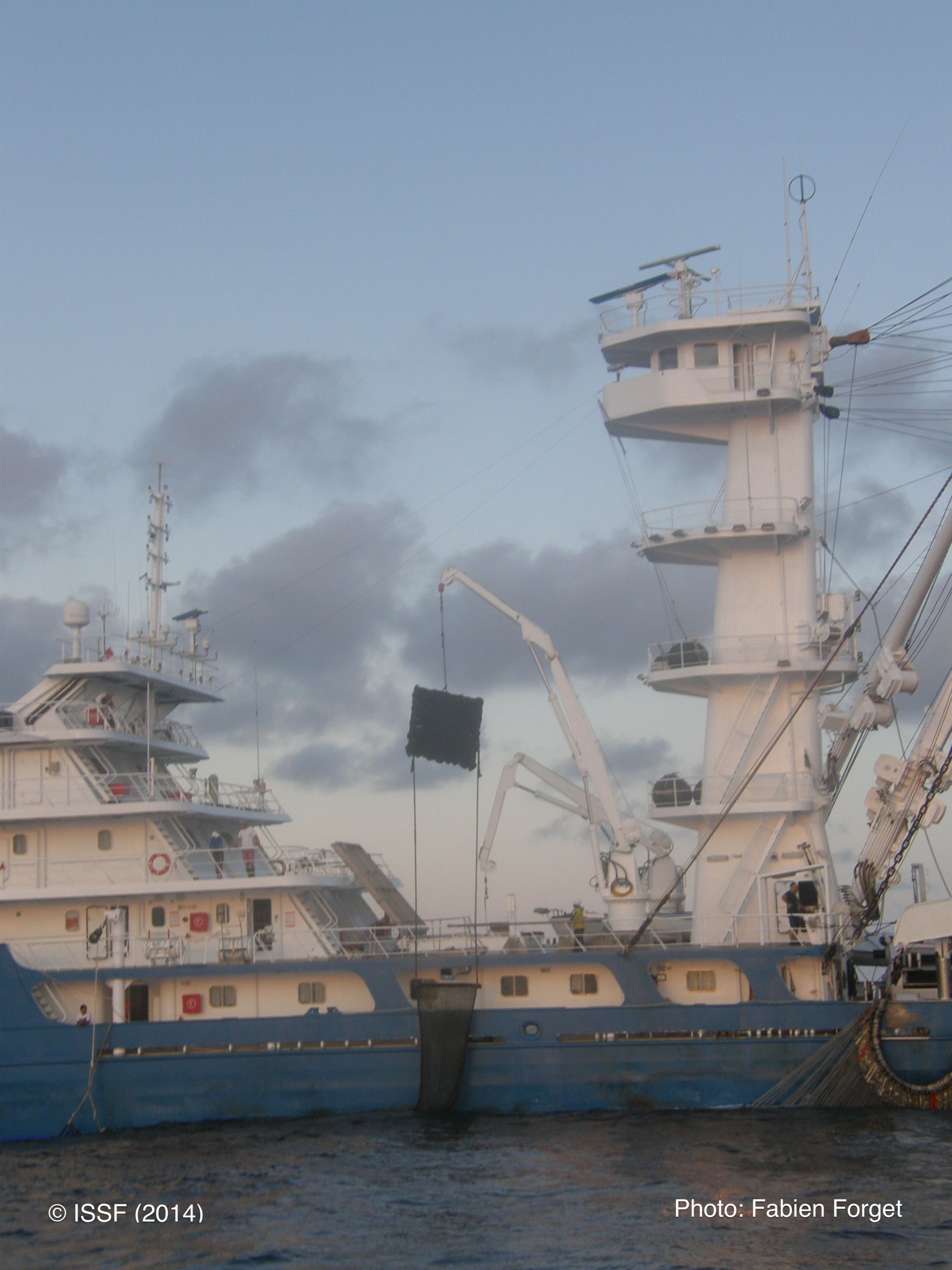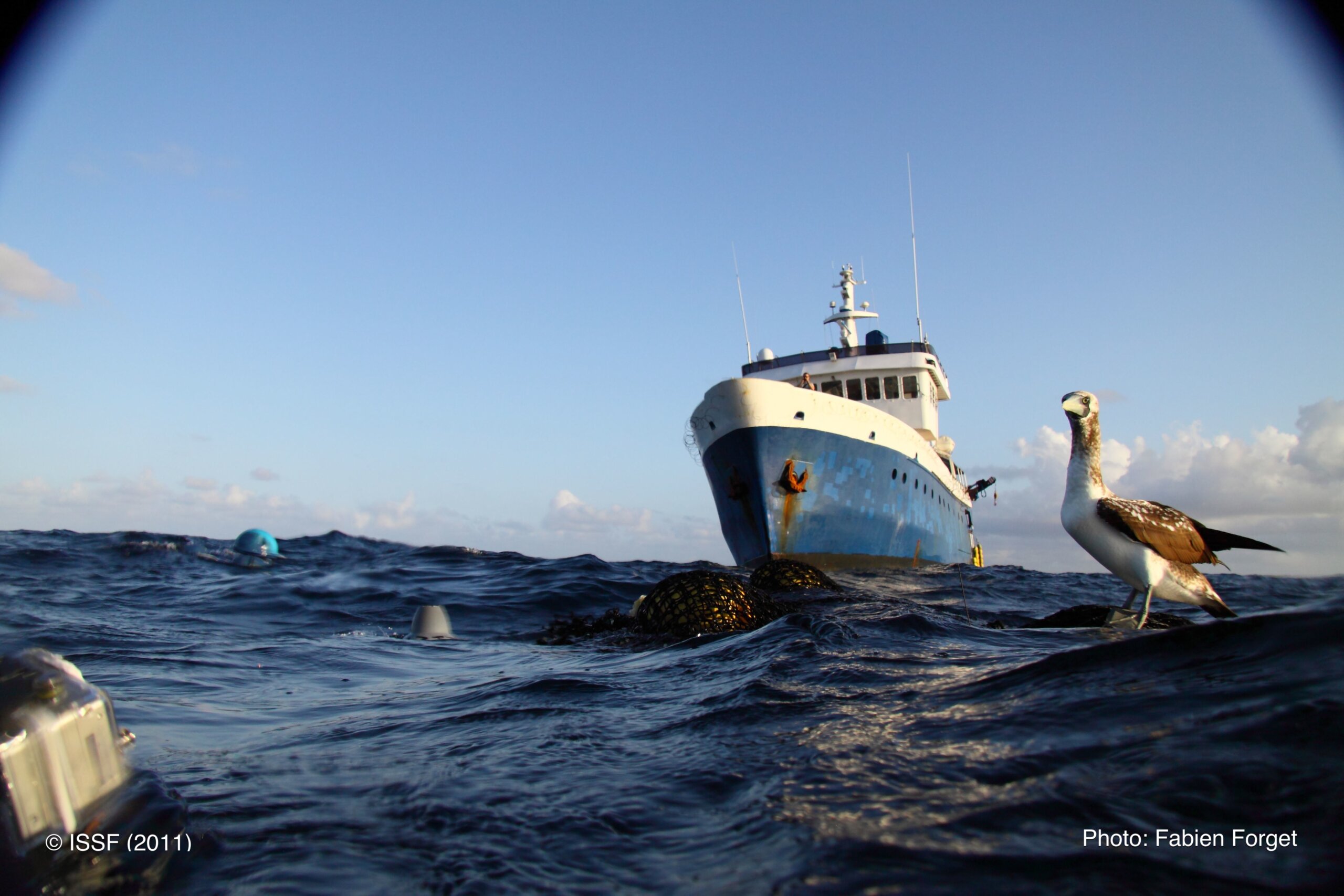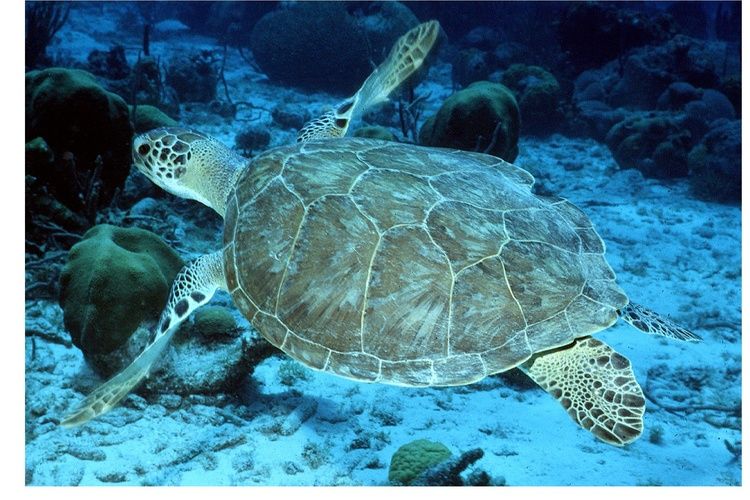
ISSF Urges WPCFC to Improve Compliance Processes and to Adopt New Tropical Tuna Conservation Measure and Harvest Control Rule for North Pacific Albacore Tuna
The International Seafood Sustainability Foundation (ISSF) has issued its position statement for consideration by the Western and Central Pacific Fisheries Commission (WCPFC) ahead of its 20th regular session from December 4-8, 2023, in Rarotonga, Cook Islands. The statement leads with a call for improved compliance processes.
“Regional fisheries management organizations (RFMOs) need strong and transparent compliance processes in order to meet their objectives, strengthen their performance, and be accountable to their many and diverse stakeholders,” said ISSF President Susan Jackson. “Yet the WCPFC is the only tuna RFMO with a compliance assessment process that is closed to accredited observers. That’s why our position statement leads with a call for the Commission to develop guidelines for the observer participation in compliance assessment processes.”
Other issues addressed in the statement include tuna stock conservation and effective management procedures, FAD management, electronic monitoring, transshipment regulations, bycatch mitigation, and shark protections.
“The WCPFC also has the opportunity to progress tuna stock conservation. The Western and Central Pacific Ocean (WCPO) is the world’s largest tuna fishing ground, and due to persistent management, no tuna stocks in the WCPO are currently overfished or experiencing overfishing,” Jackson continued. “For these stocks to remain healthy, managers must continue to implement scientific advice and take a precautionary approach.
“Specifically, the Commission adopted management procedures (MP) for skipjack tuna and North Pacific albacore last year. This year, it must operationalize these MPs by implementing the outputs of the skipjack management procedure in the revised tropical tuna measure and by adopting a harvest control rule for North Pacific albacore. A new and improved conservation measure for tropical tunas that includes strengthened measures for fish aggregating devices (FADs) is also a must.”
Priorities for Western and Central Pacific Ocean Tuna Fisheries
Compliance Processes
- Direct the Compliance Monitoring Scheme Intersessional Working Group to develop guidelines for the participation of accredited observers, as well as a scheme of responses to non-compliance, to present to the Commission for adoption in 2024
Tuna Stock Conservation and Effective Management Procedures (Harvest Strategies)
- Adopt a new conservation measure for tropical tunas that:
- Implements the outputs of the 2023 skipjack Management Procedure
- Limits fishing mortality for bigeye and yellowfin to the interim Target Reference Points
- Removes ambiguities and exemptions
- Sets catch limits for fisheries that do not have them
- Adopt a harvest control rule for North Pacific albacore to implement the harvest strategy for North Pacific albacore fishery adopted by the Commission in 2022
- Adopt Target Reference Points and continue to develop Management Procedures for bigeye and yellowfin tuna
- Ensure that the skipjack Management Procedure adopted last year is effectively implemented in the revised tropical tuna measure and adopt a monitoring strategy consistent with scientific advice
FAD Management
- Establish an interim timeline, to be reviewed in 2024, for transitioning to 100% biodegradable FADs consistent with the timeline agreed by the IATTC
- Adopt a requirement for provision of near-real-time FAD position and acoustic biomass data for scientific use, with appropriate time-lags to protect confidentiality
- Task the FAD Working Group with developing in 2024:
- A “FAD logbook” similar to what is used by the Parties to the Nauru Agreement
- Options for increased FAD detection and recovery
- Guidelines to minimize the impact of FADs on sea turtles
Electronic Monitoring & Observer Coverage
- Task the Electronic Reporting and Electronic Monitoring Intersessional Working Group with finalizing Electronic Monitoring (EM) standards, specifications, and procedures for adoption in 2024
- Adopt a timeline and plan to substantially increase observer coverage in longline fisheries
Transshipment Regulation
- Strengthen the regulation of at-sea transshipment in line with best practice standards, including requiring:
- Near-real-time electronic reporting (not longer than 24 hours after the event) for all transshipment activity, using minimum standard data fields
- Use of automatic identification systems (AIS) and that vessel monitoring system (VMS) data are reported for all transshipments of WCPFC-covered species
- Provision of observer data to the WCPFC, as well as the national program
- Establishing criteria for authorization of at-sea transshipment and a review process
Bycatch Mitigation & Shark Protections
- Task the Scientific Committee (SC) and the Technical and Compliance Committee (TCC) with reviewing the seabird and sea turtle measures in 2024, and providing advice on updated best practice mitigation options
- Task the SC and TCC to provide recommendations in 2024 on the conservation measure for sharks, including the provisions for retained sharks to be landed with fins naturally attached.
The full ISSF WCPFC position statement can be read here.


